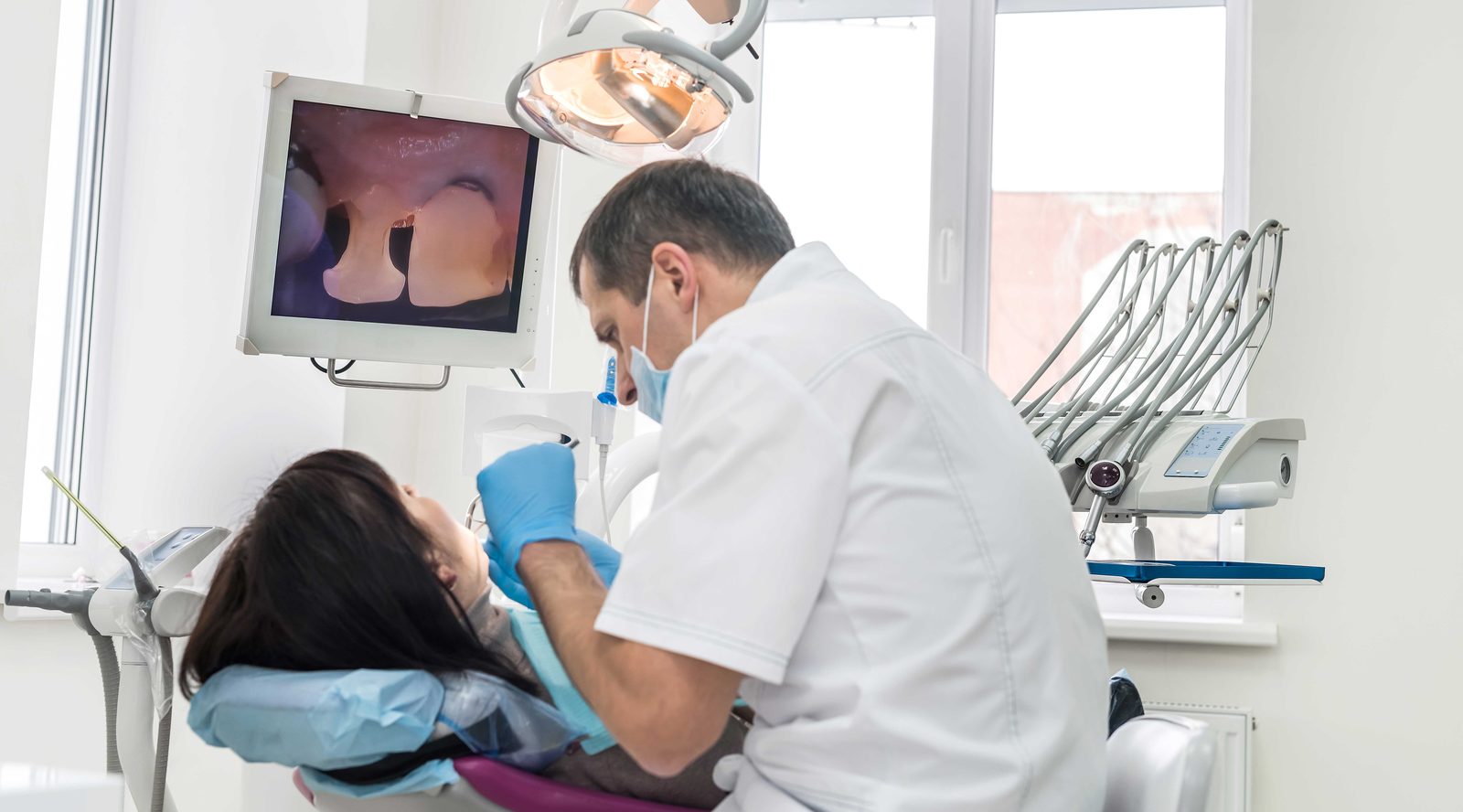 Public Health England is publishing new guidance on the oral care and treatment for people with learning disabilities.
Public Health England is publishing new guidance on the oral care and treatment for people with learning disabilities.
Oral care and people with learning disabilities is aimed at family carers and paid supporters.
It also aims to help dental teams provide services that are more accessible to people with learning disabilities.
‘Good oral health is an important factor in people’s general health and quality of life,’ the guide states.
‘Evidence shows people with learning disabilities have poorer oral health.
‘And have more problems in accessing dental services than people in the general population.
‘People with learning disabilities may need additional help with their oral care and support to get good dental treatment because of cognitive, physical and behavioural factors.’
A welcome guide
The guide has been welcomed by the BDA, claiming this should help to make dental services more accessible.
People with learning difficulties often experience higher levels of gum disease, missing teeth and untreated tooth decay.
The BDA is also calling on increased investment in community dental services to help reduce these oral health inequalities.
‘For too long, the oral health needs of people with learning disabilities have taken a back seat,’ chair of the BDA’s England Community Dental Services Committee, Charlotte Waite, said.
‘They experience a double whammy with high rates of poor oral health and genuine problems accessing dental services.
‘Part of the problem is that commissioning decisions to cater for their needs are often inadequate.
‘The situation is exacerbated by an ever-decreasing number of dentists in community dental services.
‘If we are serious about addressing the oral health inequalities faced by people with learning disabilities, there must be increased investment in CDS.
‘That being said, this practical guidance should help to reduce oral heath inequalities by making dental services more accessible.’
Dental fines
Patients in receipt of certain benefits or NHS exemptions certificates, are entitled to free NHS dental treatment.
Despite this, treatments delivered to patients exempt from NHS charges have dropped by 2 million (23%) in the last four years.
In the same time the number of NHS fines went up 10-fold, from 33,887 in 2012/13 to 365,181 in 2016/17, however 90% of appeals to these fines are won.
‘We want every child and adult to have access to free NHS dental care if they are eligible,’ a Department of Health and Social Care spokesperson said.
‘We are looking at ways of simplifying the process for vulnerable people.
‘But it is absolutely right that we recoup money from patients who incorrectly claim free services so it can be reinvested back into the NHS.’
Related stories:


